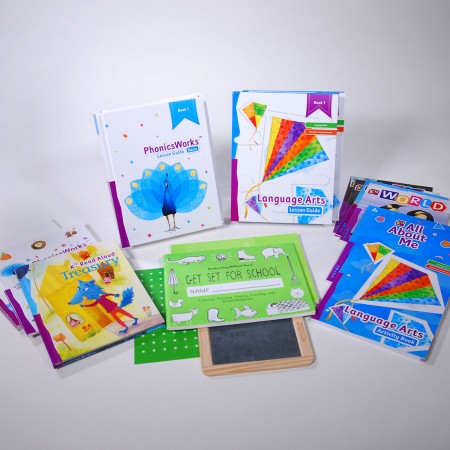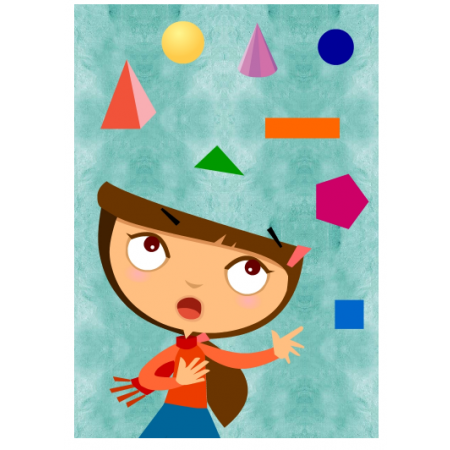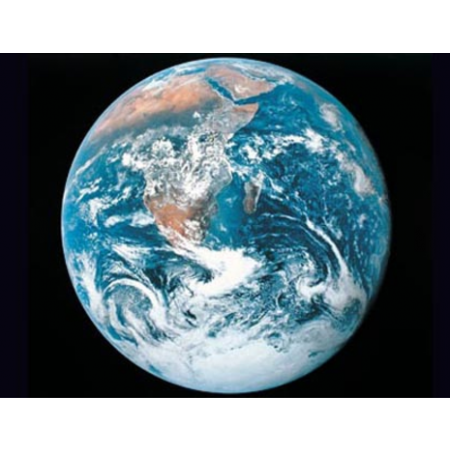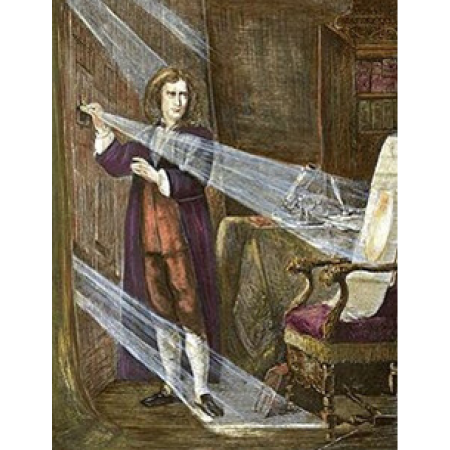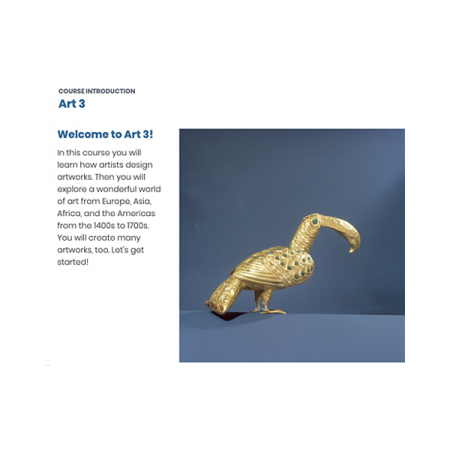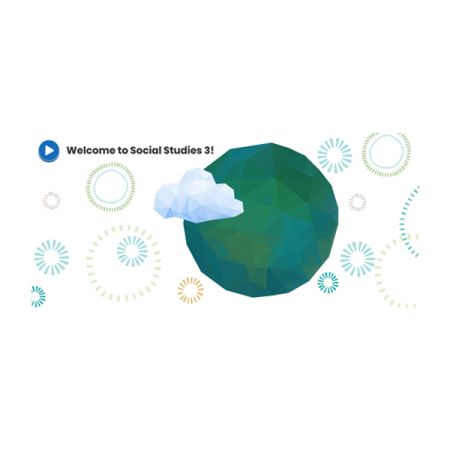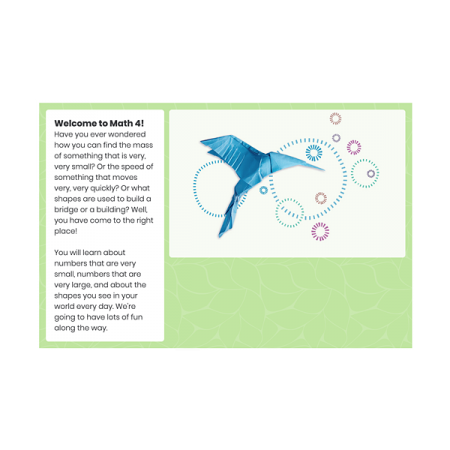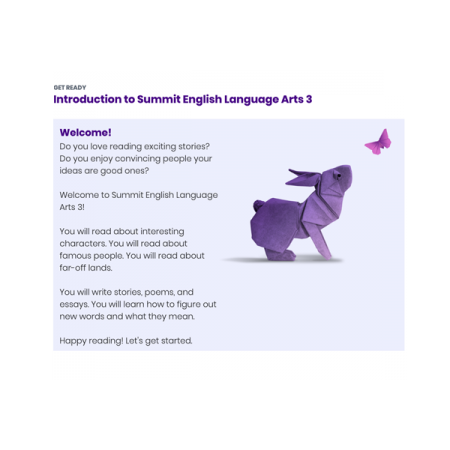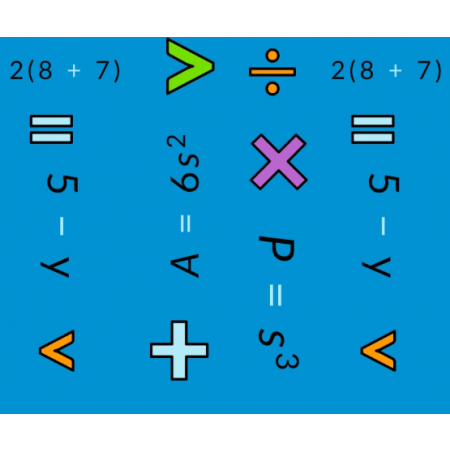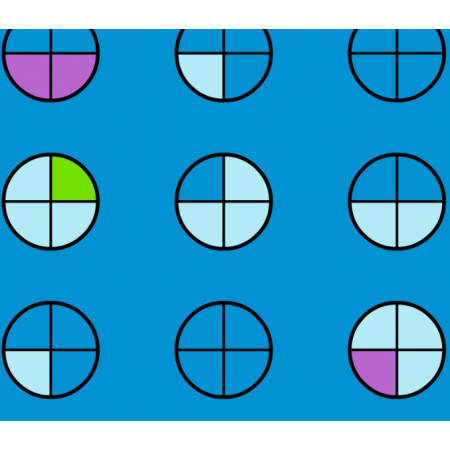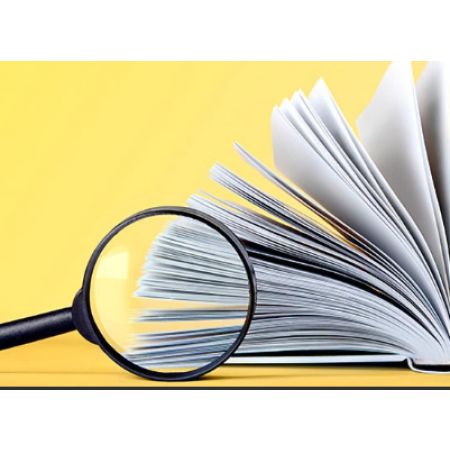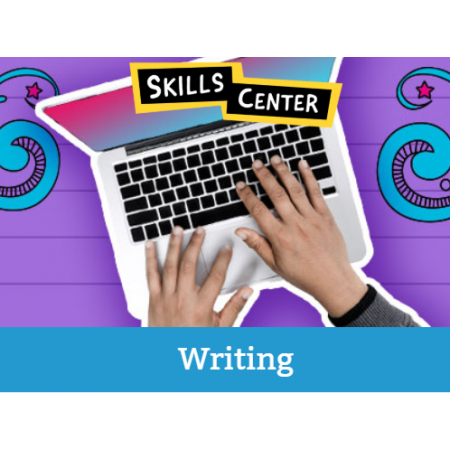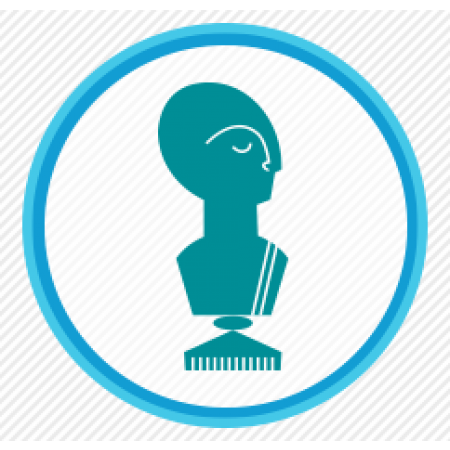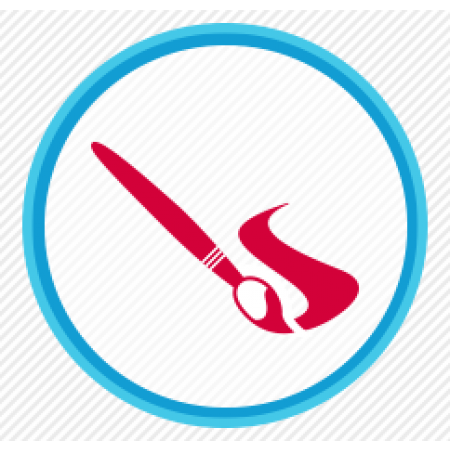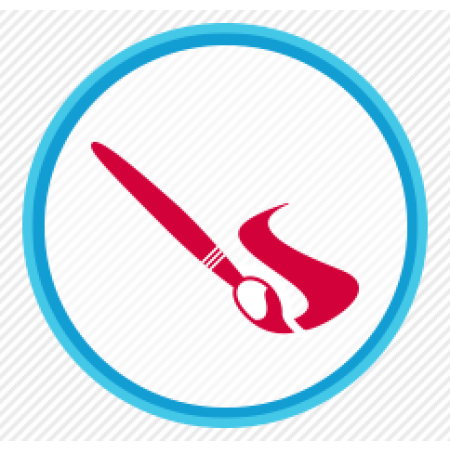x
Search results for 'summit'
Show Filter
Summit Art 3
Following the timeline of the K12 History program, third grade Art lessons introduce students to the art and architecture of the Renaissance throughout Europe, including Italy, Russia, and Northern Europe.From: $900.00
Social Studies 3 Summit
Third graders explore the world around them through the lens of diverse social studies concepts and topics. Students apply their knowledge of basic map skills to identify the purpose of various maps and interpret how people adapt and change their environment to adjust to different climates and natural resources. Students then investigate the regions of the country, studying their physical and human features, history, and culture. They describe how culture changes and adapts to meet human needs as they explore cultures around the world and in their communities. Students learn about the founding documents and principles of America$900.00
Math 3 Summit
Summit Math 3 is designed to support true depth of knowledge required by today’s standards. With rich content to form conceptual understanding and enough practice to support mastery, including time built-in for individualized independent practice, games, and offline practice, Summit Math 3 includes the tools and technology that students need to succeed in a blended learning environment. Summit Math 3 focuses on reviewing patterns and number sense; discovering addition, subtraction, multiplication, and division strategies; exploring shapes and calculating area; learning about fractions and equivalent fractions; measuring time, length, liquid volume, and mass; and exploring and making data displays.From: $900.00
English Language Arts 3 Summit
Summit English Language Arts 3 provides a well-balanced approach to literacy that connects reading, writing, grammar, vocabulary, and spelling into one integrated program. Dedicated time for keyboarding practice is also included. The course comprises 14 units, including 2 assessment units. Each unit contains workshops that have one major focus (reading, writing, or word study) for instruction and reinforcement of big ideas. In reading workshops, students read independently both classic and contemporary works in a different genres and formatsFrom: $900.00
Summit Math 8 (Independent Study)
Grade 8 mathematics course prepares students for more advanced study in algebra as students solve linear equations and systems of equations, work with radical and integer exponents, gain conceptual understanding of functions, and use functions to model quantitative relationships. To prepare students for more advanced study in geometry, the course emphasizes the Pythagorean theorem and a deepening exploration of similarity and congruence.
From: $24.00
Summit Math 7 (Independent Study)
In the Summit Math 7 course, students focus on real-word scenarios and mathematical problems involving algebraic expressions and linear equations and begin to apply their understanding of rational numbers with increased complexity. The course lays the foundation for exploring concepts of angle, similarity and congruence, more formally addressed in Grade 8, as students work with scale drawings and construct and analyze relationships among geometric figures. Students also develop and apply understandings of proportional relationships.
From: $24.00
Summit Language Arts 8 (Independent Study)
Throughout this course, students engage in literary analysis and close reading of short stories, poetry, drama, novels, and informational texts. The course focuses on interpretation of literary works, analysis of informational texts, and the development of oral and written communication skills in standard (formal) English. Students read "between the lines" to interpret literature and go beyond the text to discover how the culture in which a work of literature was created contributes to the theme and ideas it conveys. Analysis of the structure and elements of informational texts and media helps students develop the skills needed for academic success and navigating the world. Students continue to acquire knowledge and skills in grammar, usage, mechanics, and vocabulary. Implementing reading strategies, self-monitoring progress and reflecting on successes and challenges help students become metacognitive learners. The course includes discussion activities that engage students in the curriculum while creating a sense of community.
From: $24.00
Summit Language Arts 7 (Independent Study)
This course continues the development of comprehension and analysis of informational and fictional texts with an ongoing emphasis on reading strategies.Analyzing and practicing the form and structure of various genres of writing enhances students’ communication skills. Students study a variety of media to understand informational and persuasive techniques, explicit and implied messages, and how visual and auditory cues affect messages. Grammar, usage, and mechanics skills are deepened. Students continue to widen their vocabulary and apply acquisition strategies
From: $24.00
Intermediate World History A Summit (Independent Study)
K12 Summit World History I surveys the story of the human past from the period before written records, prehistory, through the fourteenth century. The course is organized chronologically and, within broad eras, regionally. The course focus is the story of the human past and change over time, including the development of religion, philosophy, the arts, and science and technology. Geography concepts and skills are introduced as they appear in the context of the historical narrative. Students explore what archaeologists and historians have learned about the earliest hunter-gatherers and farmers, and then move to a study of the four river valley civilizations. After a brief writing unit, they study the origins of Confucianism, Hinduism, Buddhism, and Judaism and the eras in which they developed. The second half of the course traces the story of classical Greece and Rome, the Byzantine Empire, the origins of Christianity and Islam, and then continues through the fourteenth century in Europe, North Africa, and East Asia. Historical thinking skills are a key component of Intermediate World History. Students practice document and art analysis, conduct research, and write in a variety of formats. They also practice map reading skills and look at how historians draw conclusions about the past as well as what those conclusions are.From: $24.00
Intermediate World Art II Summit (Independent Study)
Summit Intermediate World Art II lessons include an introduction to the artists, cultures, and great works of world art and architecture from the Renaissance through modern times. Students will study various works of art from the Renaissance and beyond; discover great works of art and see how they influenced later artists; compare and contrast works from many civilizations, from paintings to sculpture, architecture, book covers, prints, and more; and create artworks inspired by works they learn about.From: $24.00
Intermediate World Art I Summit (Independent Study)
Summit Intermediate World Art I lessons include an introduction to the artists, cultures, and great works of world art and architecture from ancient through medieval times. Students will investigate how artists from different civilizations used various techniques, from painting to mosaic; examine elements of design and styles of decoration, from the spiral to the solar disk; and explore some of the best-preserved works from ancient tombs, including the treasures of EgyptFrom: $24.00
Summit Science 3 (Independent Study)
Students learn to observe and analyze through hands-on experiments, and gain further insight into how scientists understand our world. They observe and chart the phases of the moon, determine the properties of insulators and conductors, and make a three-dimensional model of a bone.From: $24.00
NEED MORE INFO
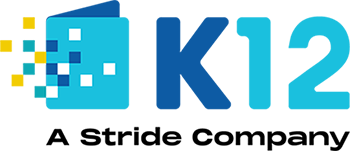
THANK YOU!
We have received your inquiry and you will start to receive additional information about our school offerings and programs. An enrollment consultant will contact you shortly.
